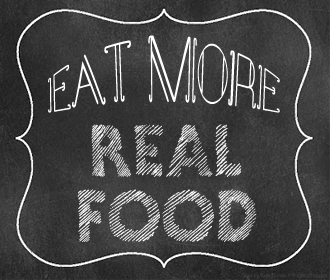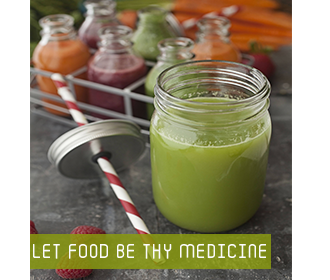“Free Range”
“Free Run”
“Organic”
“SPCA Certified”
“Omega-3″
“Vegetarian Fed”
Buying eggs can be really confusing. Most of us just choose the one that’s fairly cheap and has a nice-looking label. But from a health standpoint, which one is the best type of egg? The reality is most eggs in Canada are produced by hens in battery cages-one of the most horrific and cruel industrial farming practices.
That said, we can do better from both an ethical and health standpoint. This is why I’ve split it down to 8 labels that are placed on eggs and what they mean.
1. Comfort Coop or Nest Laid-these labels mean that the hens have more space than battery cages as well as having nest areas and perches, but they’re still very crowded in cages.
1. Cage Free-this means that the eggs were not produced in battery cages, but it doesn’t assure that the chickens are allowed outside, fed high-quality feed, and have adequate living space.
2. Free-run eggs means that they are free to run around in an open barn and instead have nesting boxes where they can lay their eggs. This doesn’t assure that the eggs are free of antibiotics or that they are fed any better quality of feed than the battery cage hens.
3. Free-range eggs means that the hens can run around outside, spread their wings, eat insects, and lay eggs where they want to-which means that collecting and spoilage become issues for the farmer, hence why these eggs are typically more expensive, but again, this doesn’t mean that they are fed anything better than the battery cage hens.
4. Organic means that the hens are not fed any additives or animal by-products, will not be given antibiotics (unless illness breaks out) as well as given access to the outdoors. In Canada, standards extend to minimum space stipulations per hen and that perches as well as dust bathing materials are provided.
5. SPCA Certified means that the farm is annually assessed by trained, independent third-party inspectors that check for high standards of animal welfare and health. Look for “SPCA Humane Certified” on the label.
6. Omega-3 means that the eggs are produced by hens who are fed a diet with flaxseed. Some of the omega-3 fatty acids are broken down into DHA, which is transferred to the yolk, though to help with brain function. However, there’s a problem: flax seeds (and especially flax meal) is particularly sensitive to heat and needs to be refrigerated to keep the same healthy fat profile. If a farmer is not refrigerating their feed, then there is no indication that the health benefits of omega-3 fatty acids are included in the egg.
7. Vegetarian Fed-this is a misleading label. Chickens are not vegetarians, they are omnivores. Any farmer can tell you that chickens will eat worms, insect, frogs, etc. and need these to have an optimal nutrient profile. In fact, “Vegetarian Fed” on the label is an indicator that the chicken came from an industrial farm-where vegetarian feed is used to help limit the spread of disease amongst cramped living conditions.
Ultimately, it is up to you as the consumer to choose what kind of egg you buy, but we can assure optimal nutrition and ethical standards are implemented by choosing an organic, SPCA humane-certified egg.
For more great tips check out our Whole Foods Lifestyle Program










